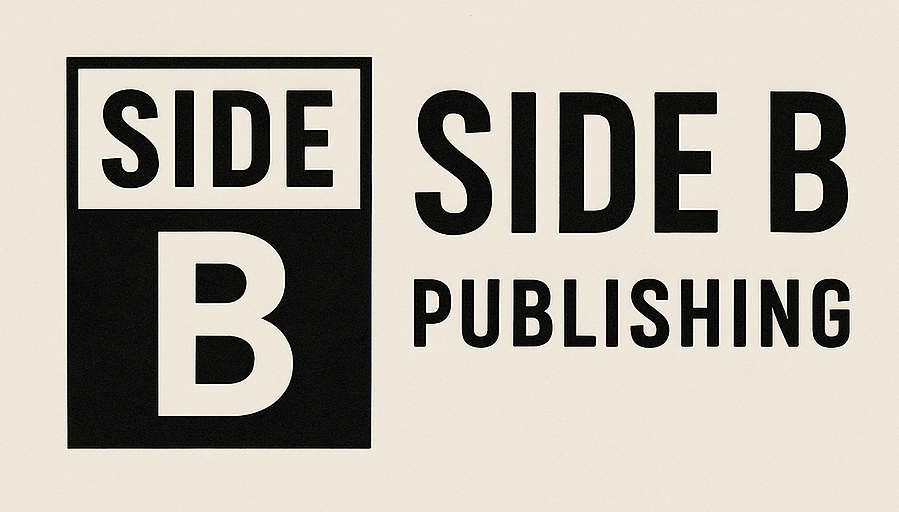The Breakfast Lie: How "The Most Important Meal" Became Marketing Gold
I used to set my alarm 20 minutes earlier just to choke down breakfast before rushing to work. Even when I wasn't hungry, even when it made me feel sluggish, I dutifully ate my "most important meal of the day." After all, skipping breakfast would destroy my metabolism, right?
It took years of feeling worse after morning meals before I questioned this sacred nutritional law. What I discovered will make you think twice about everything you've been told about meal timing.
The Surprising Origins of Breakfast Dogma
Here's something that might shock you: the "breakfast is the most important meal" concept isn't based on nutritional science. It has surprisingly recent origins that have more to do with marketing than medicine.
When I traced this belief back to its roots, I found a fascinating story involving religious zealots, corporate profits, and one of the most successful marketing campaigns in food history. The breakfast industry didn't just sell us cereal – they sold us a belief system that's shaped how we eat for over a century.
But what happens when you dig deeper into the actual research on meal timing and metabolism?
What Modern Research Reveals
The claims about breakfast and metabolism that we've heard for decades start to fall apart when you examine them closely. The idea that skipping breakfast "slows your metabolism" sounds scientific, but when researchers have actually studied this, the results tell a very different story.
I found multiple studies that challenge nearly every breakfast myth we've been fed:
The metabolism claims
The weight loss benefits
The cognitive performance promises
Even the blood sugar arguments
But perhaps most interesting is what recent research on intermittent fasting has revealed about meal timing. Some of these findings directly contradict what we've been told about breakfast for decades.
The Individual Variation Nobody Talks About
Here's what the breakfast industry doesn't want you to know: people are dramatically different in how they respond to morning meals. Some genuinely thrive with breakfast, while others perform better without it.
The problem is that we've been given one-size-fits-all advice when the science suggests meal timing should be individualized. But individualized recommendations don't sell cereal.
What This Means for Your Daily Routine
I'm not telling you to skip breakfast or follow any specific eating pattern. What I'm suggesting is that you deserve to know the real story behind the advice that's shaping your daily habits.
The breakfast myth is just one example of how marketing messages become medical doctrine. In my upcoming book, I explore:
The specific companies and campaigns that created our breakfast obsession
What large-scale studies actually show about meal timing and health
How to determine what eating pattern works best for your individual body
The economic forces that keep nutritional myths alive
Why questioning popular health advice is essential for your wellbeing
Once you understand how the breakfast story unfolded, you'll start seeing similar patterns everywhere in health and nutrition advice.
Breaking Free from Food Rules That Don't Serve You
Your optimal eating pattern should make you feel energetic, support your health goals, and align with your natural hunger cues – not with marketing messages from the 1940s.
Want to discover what other "health facts" might actually be marketing myths? My book dives deep into the stories behind our most persistent nutritional beliefs. [Sign up for release updates]
Disclaimer: I'm not a medical professional, and this isn't medical advice. If you have medical conditions or take medications that require specific meal timing, consult with qualified healthcare providers before making changes.
